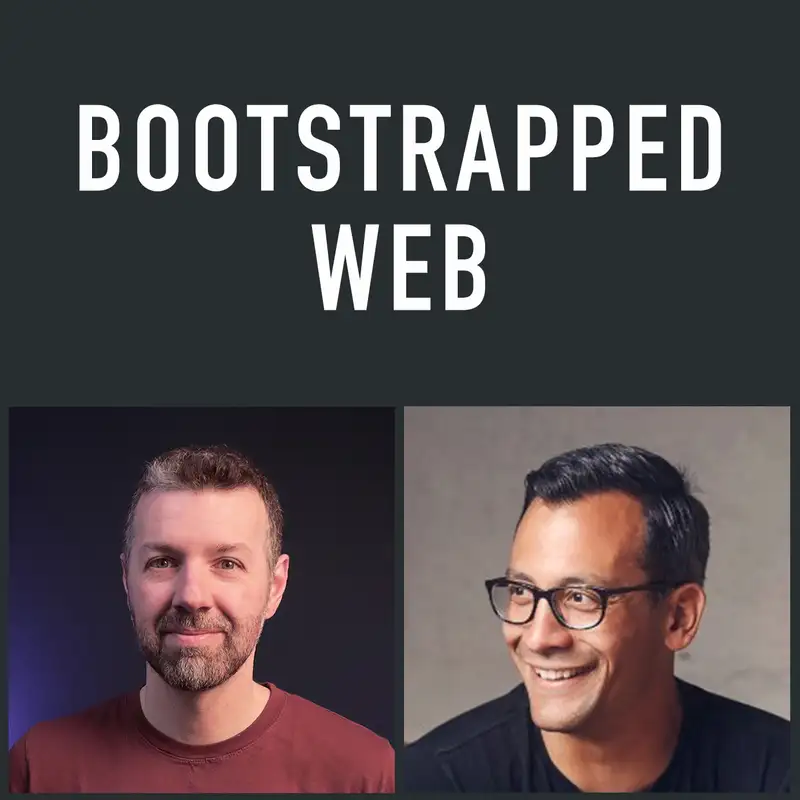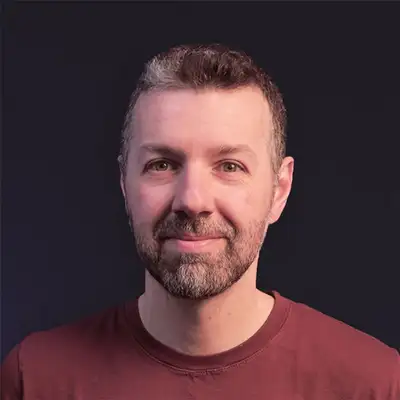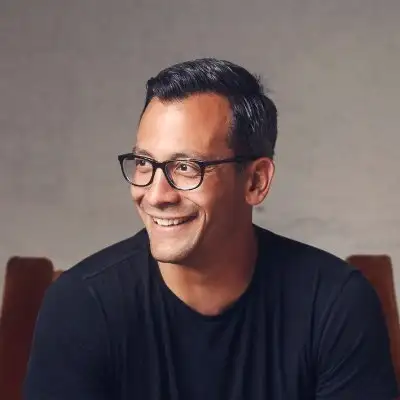Year-end takeaways & goals
2024 look-back and takeaways. 2025 goals. Let's go!
Connect with Brian:
Follow Brian on Bluesky / Twitter
Brian's products:
Building! Instrumental.dev
Instrumental Products
Clarityflow
Connect with Jordan:
Follow Jordan on Bluesky / Twitter
Jordan's company, Rosie
2024 look-back and takeaways. 2025 goals. Let's go!
Connect with Brian:
- Follow Brian on Bluesky / Twitter
- Brian's products:
- Building! Instrumental.dev
- Instrumental Products
- Clarityflow
Connect with Jordan:


